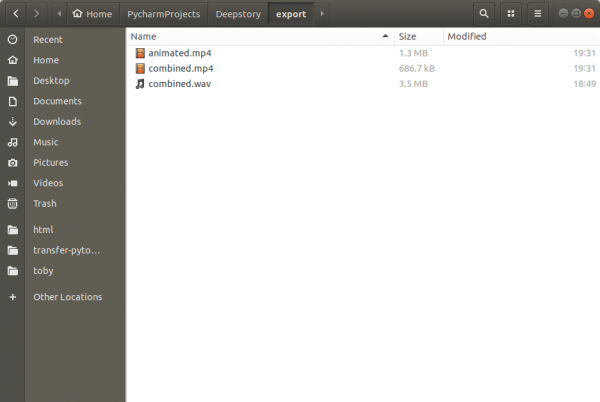

Finally, we write the final clip with the write_audiofile() method.īelow is the code for parsing command-line arguments: if _name_ = "_main_": The audio_clip_paths is a list of paths to the audio files, we instantiate an AudioFileClip object for each audio clip, and then we use the concatenate_audioclips() function provided by MoviePy to combine the audio files.

Note that extension (mp3, etc.) must be added to `output_path`"""Ĭlips = įinal_clip = concatenate_audioclips(clips) """Concatenates several audio files into one audio file using MoviePyĪnd save it to `output_path`. MoviePy is a pretty straightforward library, and not much code is involved, the following function joins a list of audio files into one with MoviePy library: def concatenate_audio_moviepy(audio_clip_paths, output_path): To start, we need to import MoviePy to construct our script: from moviepy.editor import concatenate_audioclips, AudioFileClip To get started, let's install the necessary libraries: $ pip install moviepy pydub tqdm Method 1: Using MoviePy If you want to combine two or more audio files into one with Python, then in this tutorial, you will learn 3 different methods to concatenate audio files in Python using either MoviePy, wave, or PyDub libraries, and you're free to use any one of them.

Disclosure: This post may contain affiliate links, meaning when you click the links and make a purchase, we receive a commission.


 0 kommentar(er)
0 kommentar(er)
